A researcher in South Korea has retracted a 2016 paper on which he is listed as senior author because a former student wrote and published the article without his permission.
According to the retraction notice, the former student also fabricated data and plagiarized “a substantial amount of material” from previous papers published by the senior and middle author.
Here’s the retraction notice for “Oleaginous yeast-based production of microbial oil from volatile fatty acids obtained by anaerobic digestion of red algae (Gelidium amansii),” published in the Korean Journal of Chemical Engineering in April 2016 and retracted in January: Continue reading Faked data, plagiarism, no co-author okays…yeah, this paper’s been retracted
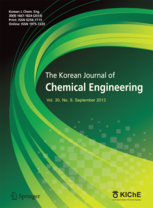



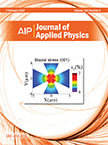 After an international group of physicists agreed that the findings of their 2015 paper were in doubt, they simply couldn’t agree on how to explain what went wrong. Apparently tired of waiting, the journal retracted the paper anyway.
After an international group of physicists agreed that the findings of their 2015 paper were in doubt, they simply couldn’t agree on how to explain what went wrong. Apparently tired of waiting, the journal retracted the paper anyway.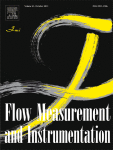 Yesterday we reported that
Yesterday we reported that 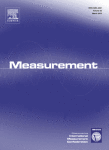 A computer scientist in Malaysia has lost two papers for faked peer reviews, and another for duplication. A fourth paper on which he is a co-author appears to have simply disappeared.
A computer scientist in Malaysia has lost two papers for faked peer reviews, and another for duplication. A fourth paper on which he is a co-author appears to have simply disappeared.
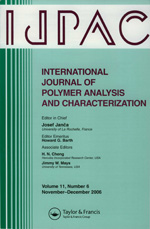 After a research group submitted two similar papers only days apart to different journals, one journal has retracted the paper — and told the other it should do the same.
After a research group submitted two similar papers only days apart to different journals, one journal has retracted the paper — and told the other it should do the same.